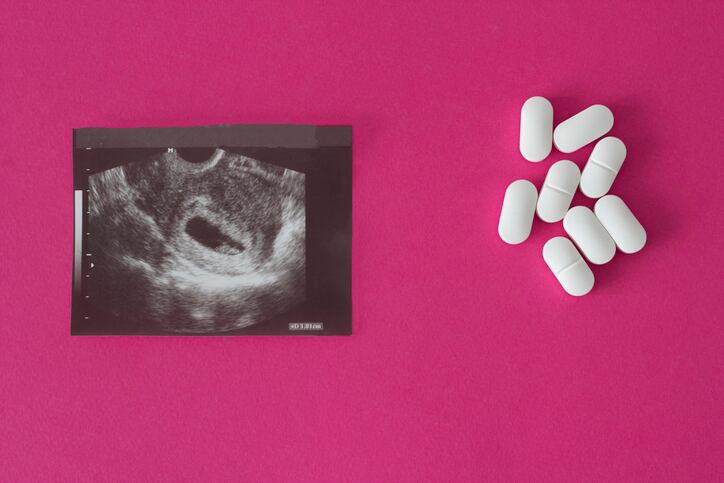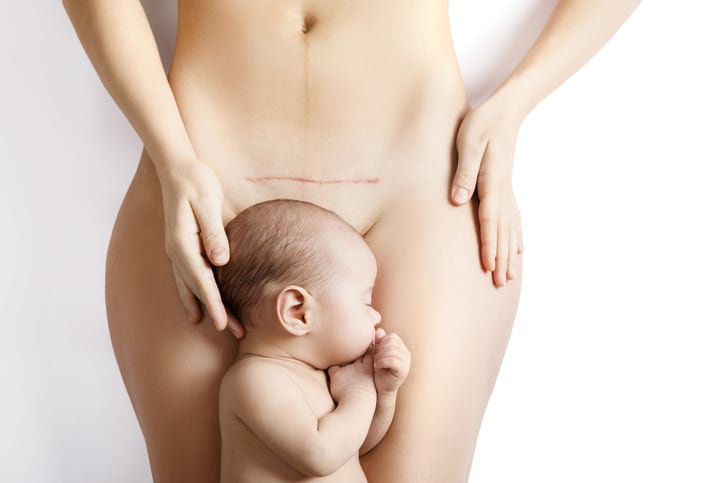While the underlying mechanisms for why these male-specific impacts are not clear, researchers from the University of Missouri School of Medicine and the MU Thompson Center for Autism and Neurodevelopmental Disorders are taking a closer look at DHA.
According to their research, published in the journal Biology of Sex Differences, DHA may guard against the impact of maternal stress on males during early development in the womb.
"We believe differences in metabolic requirements for male and female embryos as early as the first trimester, combined with dynamic differences in the way the male and female placenta reacts to environmental factors, contributes to the increased risk for male neurodevelopmental disorders later in life," explained senior author David Beversdorf, MD, a professor of radiology, neurology and psychology at MU.
Beversdorf told NutraIngredients-USA that diet may protect against at least one potential etiology of neurodevelopmental disorders, prenatal stress, which seems to preferentially impact males in this study, at least in their mouse model. “Thus, we are providing some support for a protective effect of diet in susceptible males. The reason why certain neurodevelopmental disorders disproportionately affect males has been the subject of considerable discussion, and is not yet understood.”
The mouse model
Beversdorf, along with principal investigator Eldin Jašarevic, PhD, an assistant professor of pharmacology at the University of Maryland School of Medicine and a team of researchers collaborated on the study, which involved 40 mice in four cohorts.
In Group 1, the mothers received a standard diet and were not exposed to any early prenatal stress (EPS). Group 2 received the standard diet while being exposed to EPS, which consisted of restraint, light, noise and predator threat. Group 3 got a diet modified with supplemental DHA but was not exposed to EPS and Group 4 received DHA supplementation and EPS.
The team analyzed the embryos and placentas at 12.5 days of gestation and found exposure to prenatal distress decreased placenta and embryo weight in males, but not females. In the DHA groups, they found the supplement reversed the impact of EPS on males.
Stress and diet
"This study yielded two results regarding the interaction between maternal stress and dietary DHA enrichment in early stage embryos," Beversdorf said. "First, stress on the mother during the first week of gestation appeared to influence gene expression patterns in the placenta, and the gender of the offspring determined the magnitude of disruption. Second, a maternal diet enriched with preformed DHA during periods of high stress showed partial rescue of stress-dependent dysregulation of gene expression in the placenta."
Beversdorf told us that these results were mostly expected. “Some studies have varied in how much of a sex-specific effect of prenatal stress was observed, leaving open the question as to whether prenatal stress is a contributor to the sex imbalance in some neurodevelopmental disorders, but this study was among the ones that did reveal a significant sex difference. The biggest differences we found was for the effect of prenatal stress on expression of three genes associated with oxygen and nutrient transport, where these were significantly more upregulated by prenatal stress in male offspring than in female offspring. However, not all of the predicted genes had altered expression with exposure to prenatal stress, which was somewhat unexpected, perhaps due to variation in methodologies across studies,” explained Beversdorf.
He noted that his previous work provides further support for the potential for DHA to mitigate the effects of prenatal stress in an autism mouse model.
Beversdorf said that while they do not expect these results to have a direct effect on the prenatal vitamin and DHA industry, “We would contend any prospect of a safe and inexpensive intervention, such as DHA, to mitigate the effects of a contributor to neurodevelopmental disorders warrants further investigation.”
Source: Biology of Sex Differences
2021 Jan 9;12(1):10. doi: 10.1186/s13293-020-00356-x
“Maternal DHA supplementation influences sex-specific disruption of placental gene expression following early prenatal stress”
Authors: E. Jašarevic et al




